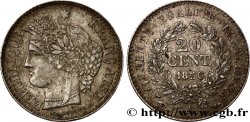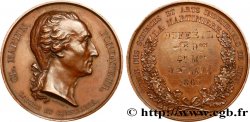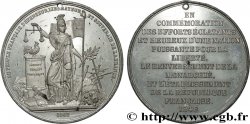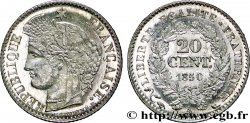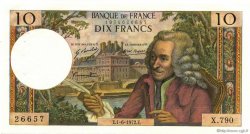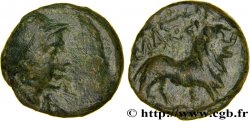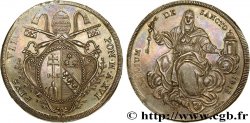MONNAIES 16 (2002)
Starting price : 220.00 €
Estimate : 380.00 €
Realised price : 245.00 €
Number of bids : 2
Maximum bid : 305.00 €
Starting price : 220.00 €
Estimate : 380.00 €
Realised price : 245.00 €
Number of bids : 2
Maximum bid : 305.00 €
Type : Médaille de Charles Henri Philippe de Noailles, duc de Mouchy
Date: 1849
Mint name / Town : Paris
Metal : silver
Diameter : 51 mm
Orientation dies : 12 h.
Engraver GAYRARD Raymond (1777-1858)
Weight : 70,92 g.
Edge : lisse
Puncheon : main ARGENT
Rarity : R1
Coments on the condition:
Quelques petits chocs comme au-dessus du B d’ASSEMBLÉE au revers et de petites traces de nettoyage
Predigree :
Cet exemplaire provient de MONNAIES III, n° 1037
Obverse
Obverse legend : REPUBLIQUE FRANCAISE.
Obverse description : Buste imberbe d'Hercule lauré à droite, coiffé de la léonté ; au-dessous GAYRARD SCULPT..
Reverse
Reverse legend : LIBERTE * EGALITE * FRATERNITE * MDCCCXLIX *.
Reverse description : Au centre en deux lignes ASSEMBLEE// NATIONALE dans une couronne de chêne ; au-dessous, gravé en creux : Cen de NOAILLES-MOUCHY.








 Report a mistake
Report a mistake Print the page
Print the page Share my selection
Share my selection Ask a question
Ask a question Consign / sell
Consign / sell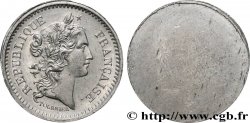
 Full data
Full data